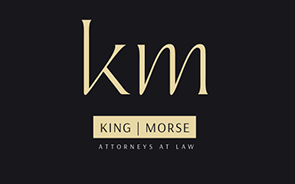Mortgage fraud occurs when someone deliberately falsifies or omits information for their own enrichment to obtain property or profit. Individuals found guilty of mortgage fraud in Florida potentially face lengthy prison terms and significant fines. Seek legal advice if someone attempts to persuade you to participate in one of the following mortgage schemes.
Application fraud
One common way to improve your chances for loan approval is through identity theft. Stealing and using the credentials of a more qualified individual is a criminal act. Another common occurrence is claiming that you will occupy the house but immediately rent it instead. Interest rates are lower for owner-occupied homes than investment properties, so this deception makes a home more affordable. Other purchasers may not disclose significant debts that don’t appear on the credit report, or they may overstate their salary. Still, others may produce false bank statements. There are endless ways to deceive, but many are relatively easy to detect, and you can face criminal fraud charges even if the lender discovers the deception after the closing.
Insider fraud
Several people are involved in the loan approval process, including loan originators, appraisers, title company employees, underwriters and real estate agents. They can be working alone or in cahoots with each other for a monetary profit. A real estate agent may pay a home inspector to overlook and fail to report significant defects. A seller may pay an appraiser to value a home higher than it is worth and pay the underwriter not to question the value.
These are just some of the examples of mortgage fraud. If you find yourself in this predicament, the penalties are steep but don’t despair. The prosecutor must prove the charges beyond a reasonable doubt.


